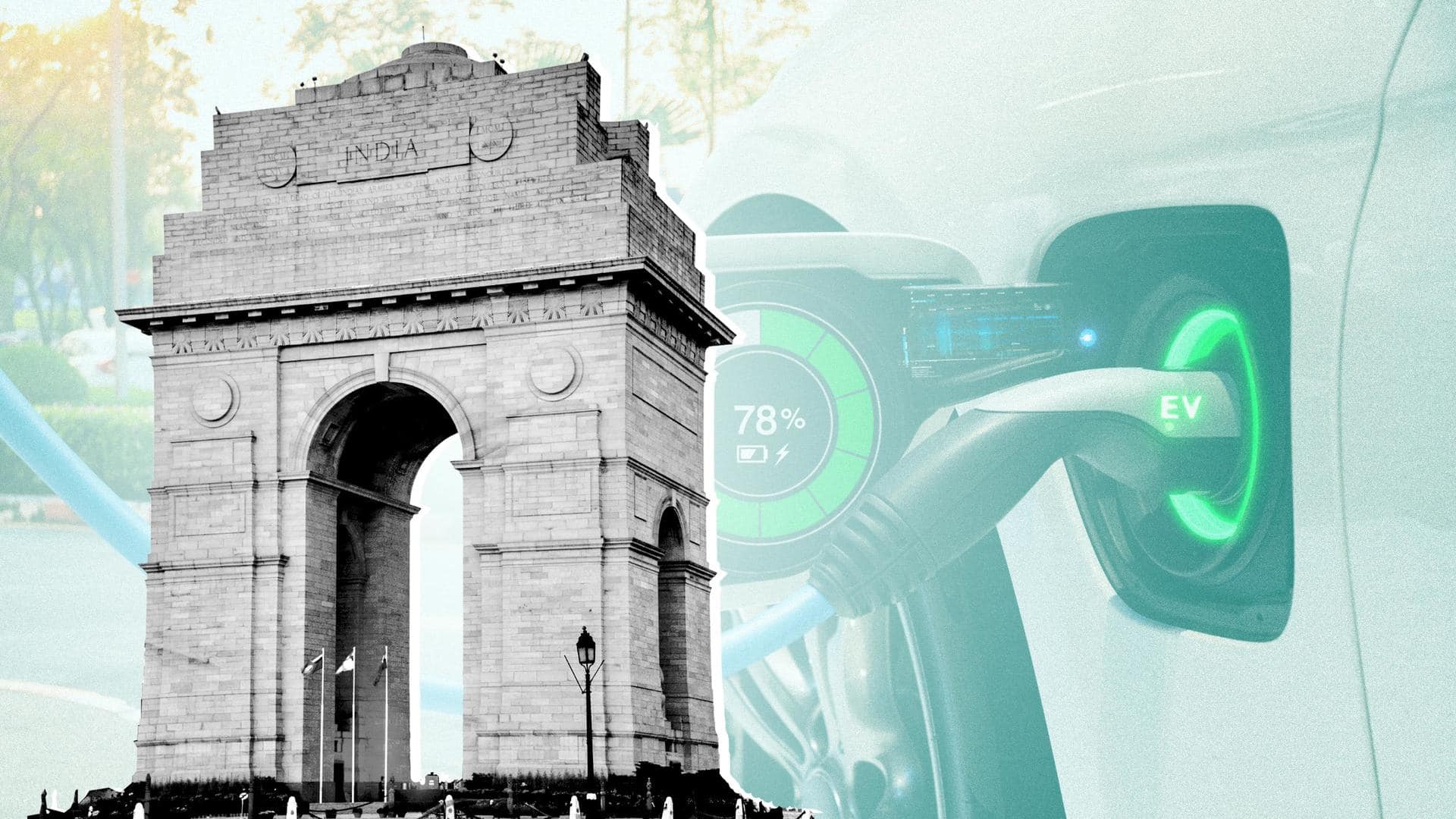
Delhi government working on new EV policy: Know expected changes
What's the story
With an aim of increasing electric vehicle (EV) adoption in Delhi, the state government has started drafting a new EV policy for the next three years.
The upcoming policy will focus on areas such as increasing private vehicle ownership and establishing private charging stations.
To note, the previous Delhi Electric Vehicles Policy 2020 will expire this August, with around 86% of its targets achieved.
Details
What were the targets of EV policy 2020?
Back in 2020, the Delhi government set a target of 25% of new vehicle registrations to be EVs by 2024.
A fully-electric car fleet for the government by 2023, inducting 8,000 electric buses by 2025, 70% of public transport bus fleet to be EV by 2025, and a 100% EV delivery service fleet by 2025 were some of the other targets.
Results
Was the policy a success?
In Delhi, 11% of newly registered vehicles are EVs. Of this, 62% are three-wheeler goods vehicles, while four-wheeler cabs account for around 45%. Only 3% are personal cars.
There are now over 4,000 charging points in the state, including roughly 1,500 private/semi-public ones.
The government has inducted 300 e-buses and will add 1,500 more by year-end and a total of around 8,000 by 2025.
Probability
What might the new policy entail?
The upcoming EV policy is expected to lay focus on the electrification of trucks in the state, offer incentives like toll fee exemptions and parking charge waivers to EV users, and ensure cheaper and easier financing while purchasing electric vehicles.
Setting up "green zones in sensitive and strategic locations" might also be done to promote the usage of EVs.
Official words
Meetings on setting up private charging infrastructure soon
The new EV policy will lay more emphasis on setting up private charging infrastructure.
Stating the same, N Mohan, chief executive officer of Delhi's EV cell said, "We are going to start holding stakeholder consultations to get views from original equipment manufacturers, dealers, customers, and experts on what can be revised in the policy and how the targets can be realistically reviewed."
Information
Subsidies worth Rs. 154 crore have been disbursed
To date, the Delhi government has doled out roughly Rs. 154 crore as subsidies for EV adoption. However, the rate of adoption of electric-powered personal vehicles is quite low. The new policy should suggest some changes to ensure that this rate goes up.